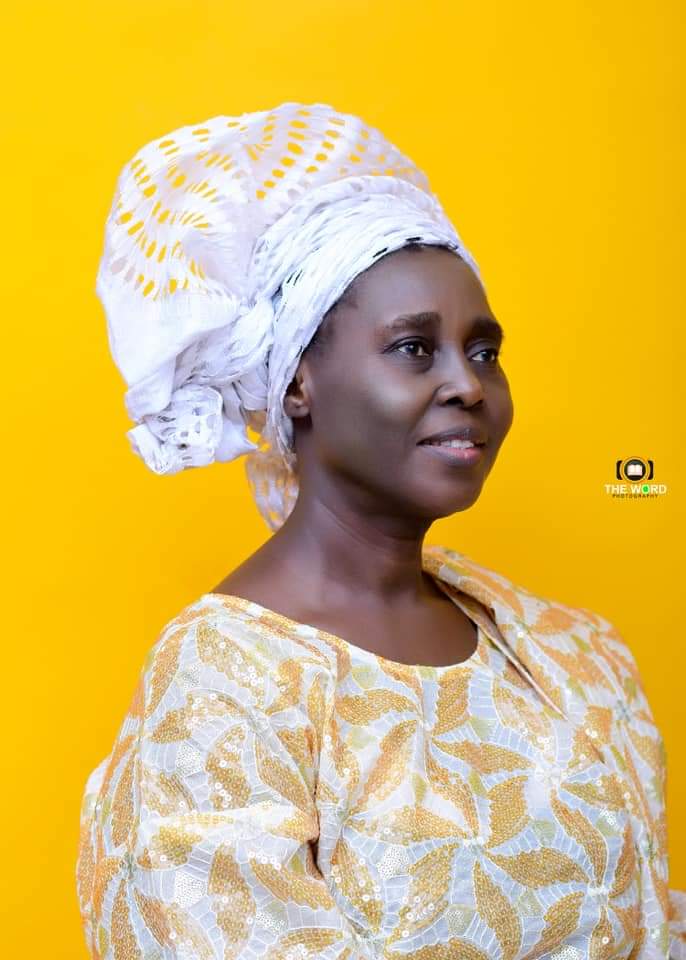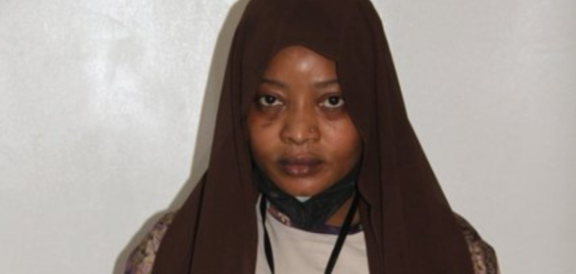
Governor Chukwuma Soludo has ignited controversy after announcing cash rewards for wards that secure victory for his party, the All Progressives Grand Alliance (APGA), in the upcoming November 8 governorship election in Anambra State.
Speaking during the party’s campaign rally in Umunze, Orumba South Local Government Area, on Saturday, Soludo promised to give ₦1 million to every ward won by APGA.
He said, “When we were campaigning for the Senate, we knew we would win every ward in the South Senatorial Zone, but we still provided incentives. Any ward that APGA won received ₦1 million, and we won all the wards in Orumba South.
“We promised each of these wards ₦1 million, and next week we will redeem it. The ward that comes first will get ₦5 million, the second ₦3 million, and the third ₦2 million. That was the deal. For November 8, any ward that wins again will receive ₦1 million, while the top three performing wards will get ₦5 million, ₦2 million, and ₦1 million respectively.”
The statement has triggered backlash from opposition parties and civil society groups, who describe the offer as a form of inducement and a violation of the Electoral Act.
About 2.8 million registered voters are expected to participate in the election, where 16 political parties will vie for the governorship seat.
The newly appointed Chairman of the Independent National Electoral Commission (INEC), Prof. Joash Amupitan, has described the Anambra election as crucial to strengthening Nigeria’s democracy.
Reacting, the National Vice Chairman of the All Progressives Congress (APC) in the South-East, Dr. Ijeomah Arodiogbu, accused Soludo of vote-buying and abuse of office.
He said, “Clearly, this is vote-buying and against the electoral law. Soludo has been carrying out undemocratic activities in this election, forcing communities to pledge their votes through their leaders. The ₦1 million offer is just one example. We will write to INEC, EFCC, the police, and other relevant agencies about his actions.”
Similarly, the African Democratic Congress (ADC) National Publicity Secretary, Mallam Bolaji Abdullahi, urged INEC to act swiftly, describing the pledge as “a public confession of vote-buying.”
The Labour Party (LP) also condemned the governor’s statement, accusing him of exploiting poverty to gain political advantage.
“This is not good for democracy. Why is he giving out money now that elections are near? This is vote-buying and manipulation. He has failed in governance and now wants to buy legitimacy with money,” LP’s National Publicity Secretary, Obiora Ifoh, said. “We will raise this issue at the next stakeholders’ meeting with INEC.”
Election monitoring group YIAGA Africa also criticised Soludo’s remarks, warning that they threaten democratic integrity.
Speaking with journalists, YIAGA’s Media and Communication Officer, Jennifer Dafwat, said the governor’s comments reflect a deep-seated problem in Nigeria’s political culture, where financial incentives are used to influence voters even before election day.
She explained, “Vote-buying is not limited to exchanging money on election day. It includes any form of incentive intended to sway voters’ choices. What Governor Soludo said clearly falls into that category.”
Dafwat added that such practices exploit widespread poverty and hunger, turning elections into commercial transactions rather than contests of ideas and competence.
A former Zonal Organising Secretary of the Peoples Democratic Party (PDP), Mike Ahumibe, also condemned the development, saying it undermines electoral fairness.
“Once money is involved, the election is no longer free and fair. Elections should reflect the people’s will, not who can pay the most,” he said.
However, Anambra State Commissioner for Information, Dr. Law Mefor, dismissed the accusations of vote-buying, describing Soludo’s promise as a motivational gesture to energise party supporters.
He accused opposition parties of twisting the governor’s remarks out of context.
“How does motivation for supporters amount to vote-buying? Vote-buying means purchasing actual votes. How many votes has Soludo bought through a mere promise?” he asked.
Mefor further stated, “Though I didn’t personally hear the governor say it, I don’t see anything wrong with a leader motivating his supporters. There are two kinds of motivation—intrinsic and extrinsic. Extrinsic motivation involves material reward, which can include money.”





